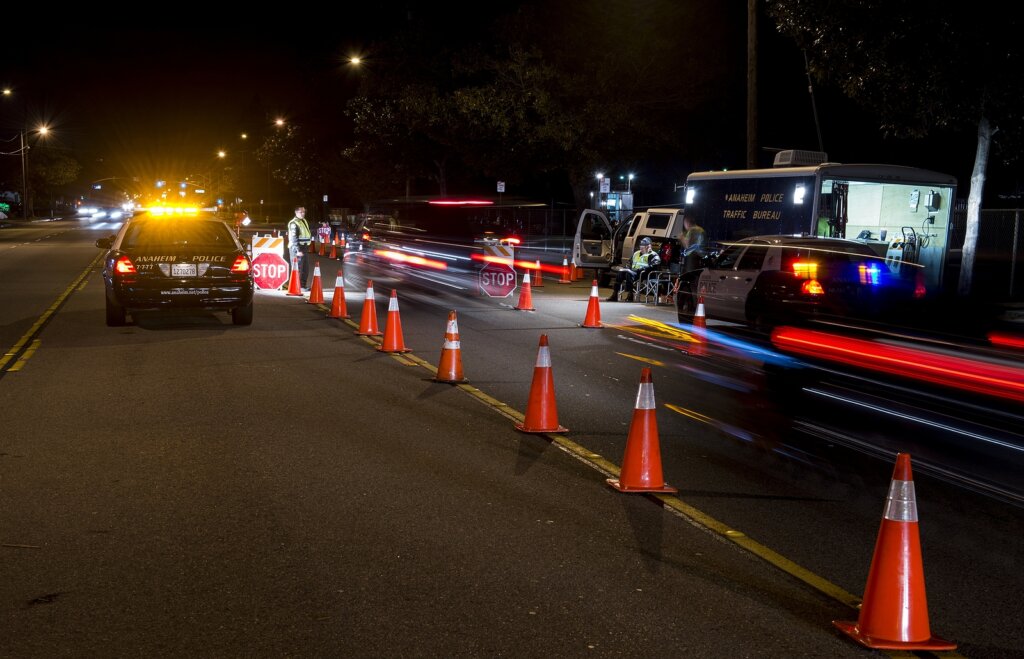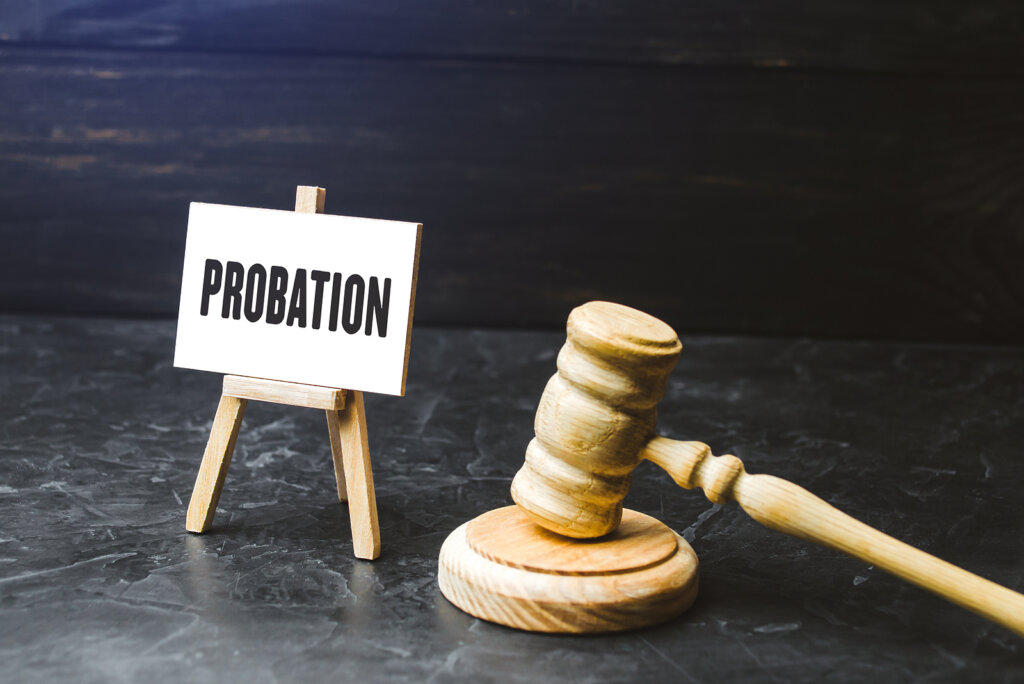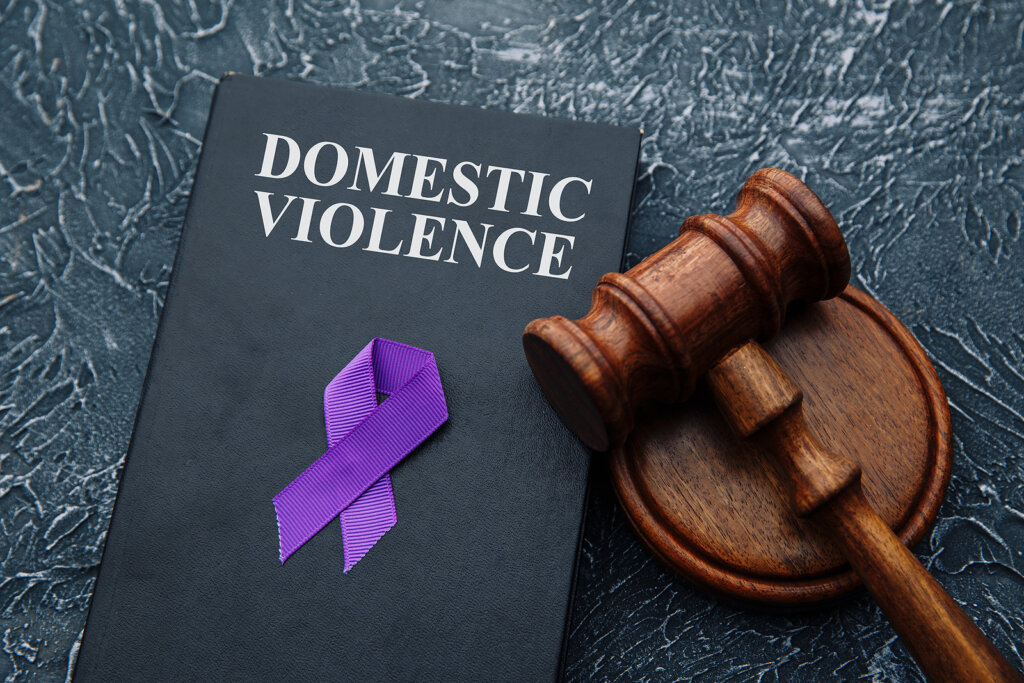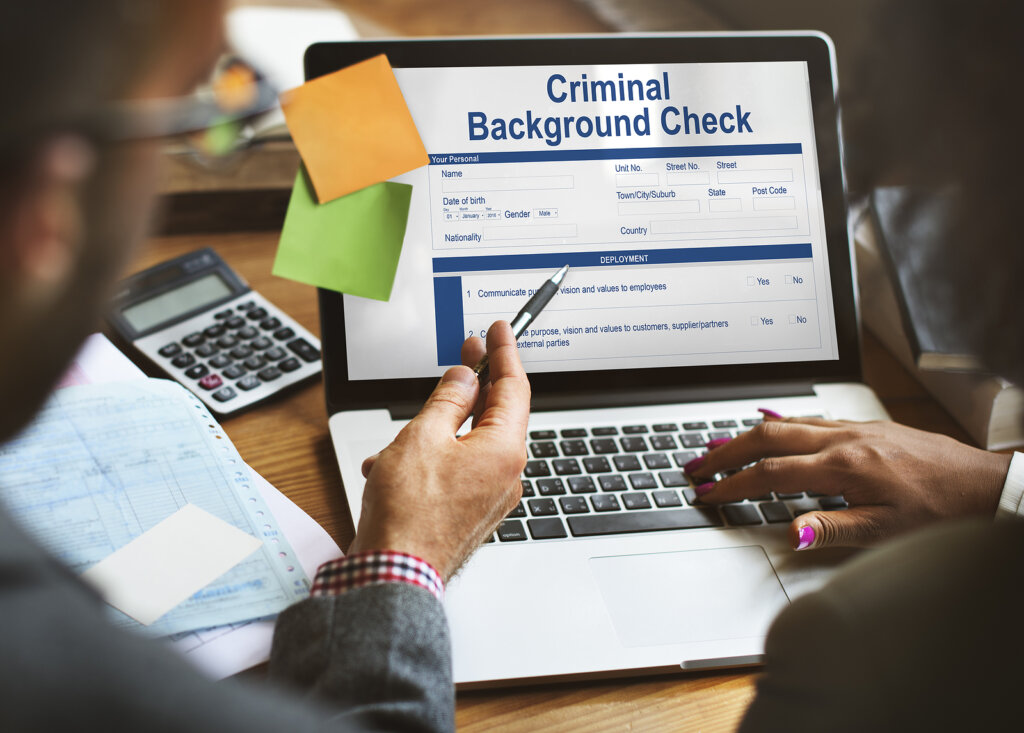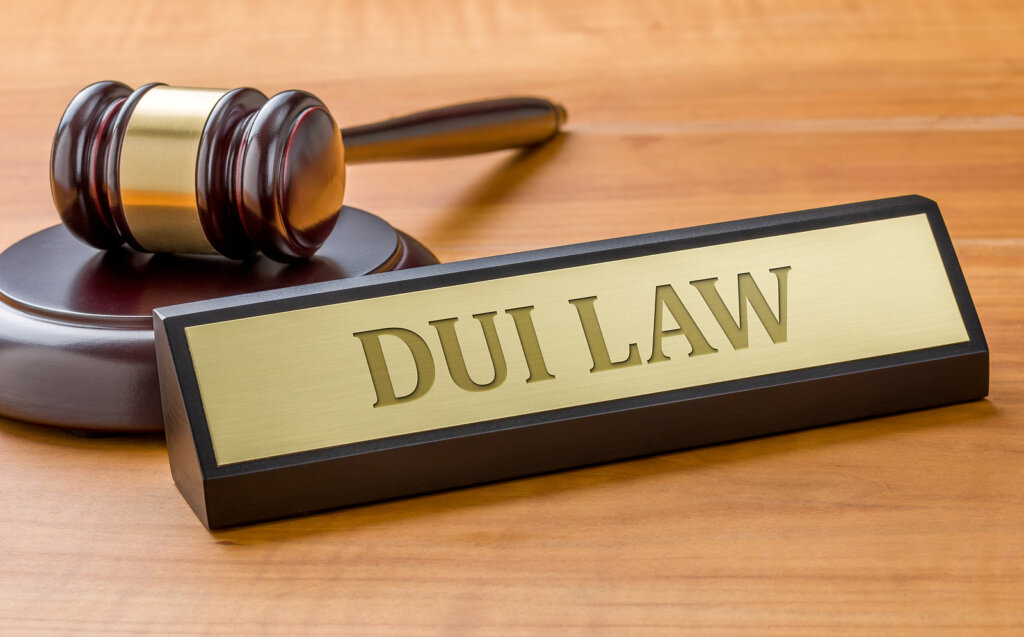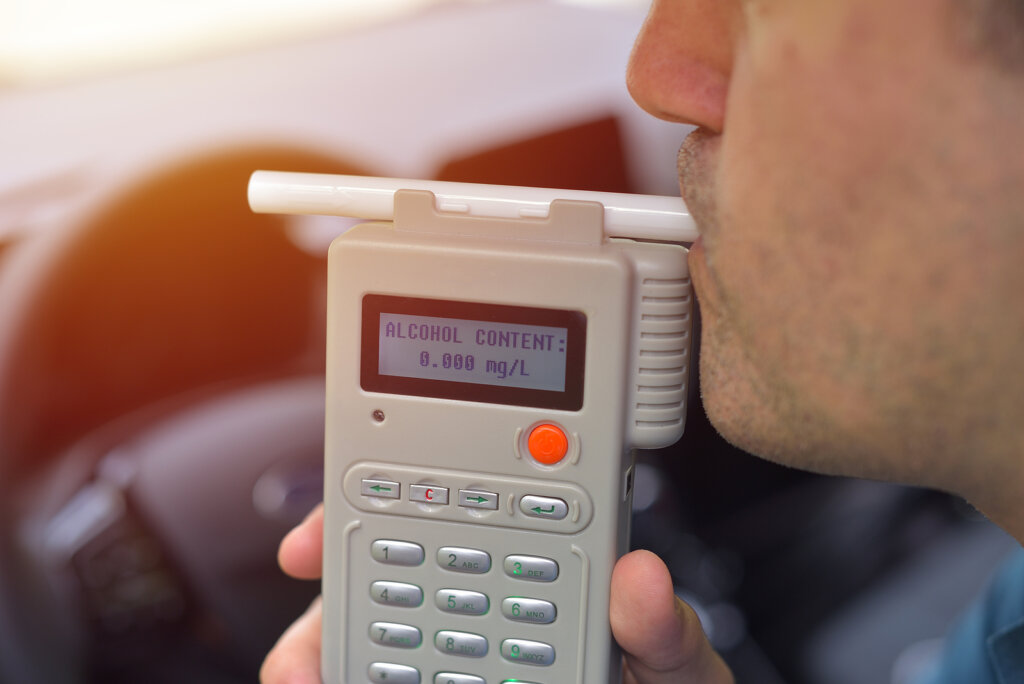Burglary vs. Robbery in Nevada: What’s the Legal Difference?
If you are the defendant in a Nevada criminal prosecution, it is imperative that you have a clear understanding of the charges filed against you. Two crimes that are frequently misunderstood and mistakenly used interchangeably are burglary and robbery. Although there are some similarities between the two crimes, they are separate criminal offenses with distinct elements and penalties. To help ensure that you have a firm grasp of your legal situation, the Vegas Lawyers explain the legal difference between burglary vs robbery.
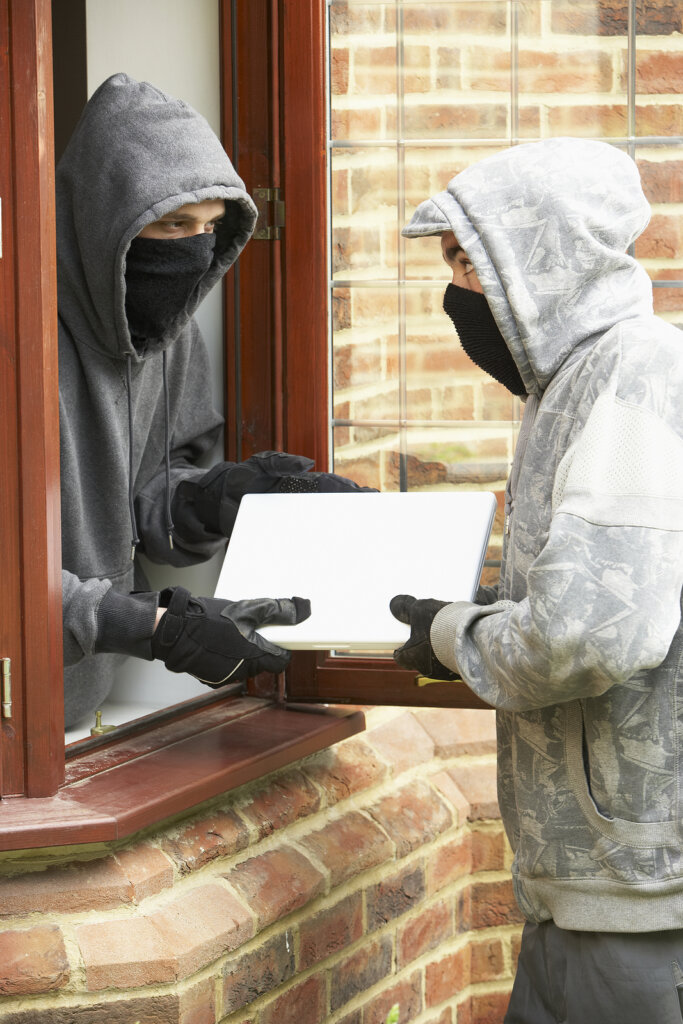
How Is Burglary Defined in Nevada?
Governed by NRS 205.060, the criminal offense of burglary is defined as unlawfully entering or remaining in a dwelling or vehicle with the intent to commit larceny, assault, battery or any felony or the intent to obtain money or property by false pretenses once inside the dwelling or vehicle. It is crucial to understand that having the intent to commit the additional crime satisfies the required element of burglary even if you do not actually commit the additional crime. For example, entering a neighbor’s home with a plan to steal money or jewelry found inside the home can be charged as burglary even if you turned around and left without taking anything.
What Are the Potential Penalties for a Burglary Conviction in Nevada?
Although burglary is always a felony offense in Nevada, the category of felony and potential penalties you face for a conviction will depend on several factors as follows:
- Burglary of a motor vehicle: For a first offense, burglary of a motor vehicle is charged as a Category E felony, punishable by one to four years in prison (which can be suspended) if convicted. A second or subsequent offense is charged as a Category D felony, also punishable by one to four years in prison without the option for a suspended sentence.
- Burglary of a Structure (other than a residence of business): Charged as a Category D felony, punishable by a prison term of one to four years and/or a fine of up to $5,000.
- Burglary of a Business: Charged as a Category C felony, a conviction for burglary of a business is punishable by one to five years in prison and/or a fine of up to $10,000.
- Burglary of a Residence: Burglary of a residence is charged as a Category B felony with a potential penalty of one to 15 years in prison and/or a fine of up to $10,000 if convicted.
How Is Robbery Defined in Nevada?
Nevada law defines robbery as the “unlawful taking of personal property from the person of another, or in the person’s presence, against his or her will, by means of force or violence or fear of injury…” For purposes of the crime of robbery, the “fear of injury” can be immediate or in the future and a taking is by “means of force or fear” if force or fear is used to do any of the following:
- Obtain or retain possession of the property.
- Prevent or overcome resistance to the taking.
- Facilitate escape.
What Are the Potential Penalties for a Robbery Conviction in Nevada?
Simple robbery, meaning a robbery committed without the use of a deadly weapon, is charged as a Category B felony in Nevada and is punishable by a term of imprisonment of two to 15 years in prison. If a deadly weapon is used during the commission of a robbery in Nevada, you face an additional prison sentence of one to 15 years to run consecutively (after your original sentence).
Burglary vs Robbery in Nevada: What Are the Primary Differences?
Both burglary and robbery are serious criminal offenses in Nevada that carry lengthy prison terms if convicted; however, there are some important differences between the two crimes. While burglary involves entering a home or dwelling with the intent to commit a crime, it does not require you to actually commit that crime and does not require force or threats.
What Should I Do If I Was Charged with Burglary or Robbery in Las Vegas?
If you have been charged with burglary or robbery in Las Vegas, consult with the experienced criminal defense attorneys at The Vegas Lawyers as soon as possible to discuss your next steps. Call us at 702-707-7000 or contact us online.


